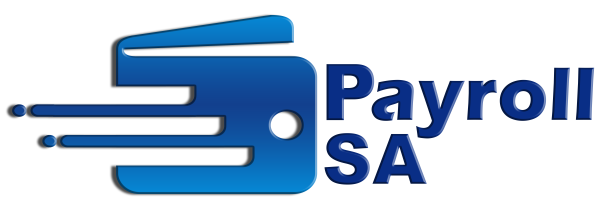

Frequently asked questions
The Unemployment Insurance Fund (UIF) offers short-term financial assistance to workers when they become unemployed or are unable to work because of illness, maternity or adoption leave. The fund also assists the dependents of a contributing worker who has died.
As an employer, you are responsible for making sure that all your employees are registered with the UIF and that contributions are paid on a monthly basis. Employees with paid-up contributions will be able to claim from the fund.
The Unemployment Insurance Act and Contributions Act apply to all employers and all workers in South Africa (except a few limited exclusions).
Any domestic worker who works more than 24 hours per month must be registered and both employer and employee contribute 1% each of the worker’s salary (total 2%).
Yes — it is compulsory since 1 April 2003.
Every domestic worker who works more than 24 hours per month (cleaners, gardeners, nannies, drivers, caregivers, etc.) must be registered with UIF from their first month of employment.
If registration was never done, you remain liable to register backdated and pay all arrears (you may not deduct the employee’s portion retrospectively — the full amount is your responsibility).
Yes — compulsory since 19 November 2020.
All employers of domestic workers must register with the Compensation Fund (COIDA) and submit annual Returns of Earnings. This covers work-related injuries, disability, or death.
Payroll-SA includes COIDA registration and annual submissions in our domestic worker compliance packages.
Need Help Staying Compliant?
Let Payroll-SA handle UIF, COIDA, payslips and all domestic worker compliance — accurately and on time.
Get Compliant Today →